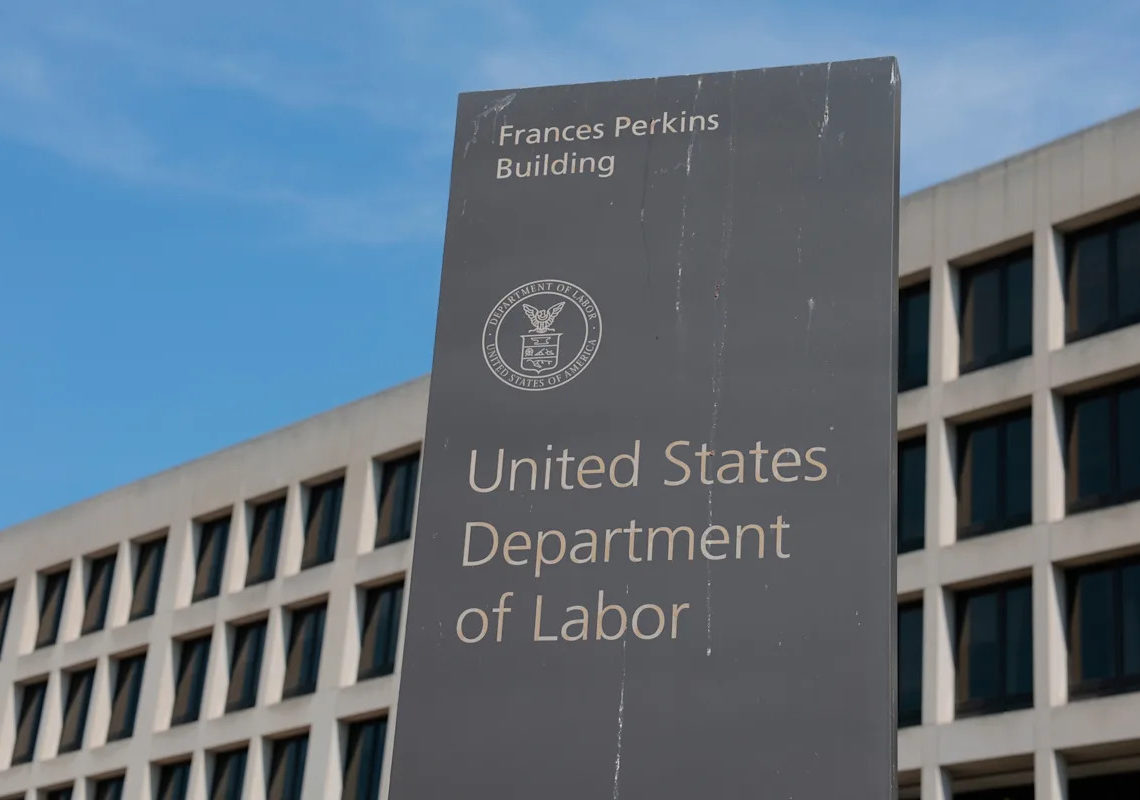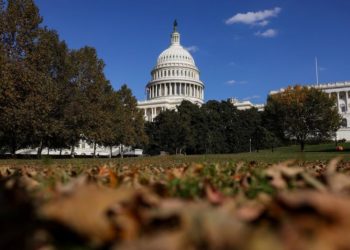President Donald Trump thrust the nation’s system for economic data collection into the spotlight in recent days after he fired the head of the U.S. Bureau of Labor Statistics.
Trump removed BLS Commissioner Erika McEntarfer hours after a jobs report showed a sharp slowdown of hiring in recent months. McEntarfer, a Biden appointee who was confirmed by the Senate in 2024, had served in the federal government for two decades.
The jobs report featured downward revisions, prompting Trump to suggest without evidence that the job statistics had been “manipulated.” The BLS routinely revises estimates of jobs added in previous months.
MORE: Trump admin live updates: GOP megabill could add $4.1T to the debt, CBO says
The effect on the agency’s reputation remains unclear, in part because the commissioner is not directly involved in statistical calculations, analysts told ABC News.
Still, the firing risks a chilling effect for data collection at the agency and an economy-wide loss of trust in U.S. data, they said. Such an outcome would pose a significant threat to the economy, they added, since policymakers, businesses and even many consumers rely on government data to make decisions with far-reaching effects.
“If you don’t know what the economy is doing… then how does your central bank work? How do your investors work? How do people really make plans for what they’re going to do in the future?” William Beach, a former commissioner of the Bureau of Labor Statistics, who was appointed by Trump, told ABC News.
“Like a bridge or a road, statistics are infrastructure,” Beach said, “If you harm infrastructure, your society and your economy work less well.”
In a social media post on Friday, Trump claimed the latest jobs report was “RIGGED in order to make the Republicans, and ME, look bad.”
“I believe the numbers were phony just like they were before the election, and there were other times,” Trump said, pointing to a previous revision in the jobs numbers last year that he claimed, without evidence, was an attempt to benefit Democrats heading into the election. “So you know what I did? I fired her. And you know what? I did the right thing.”
The BLS, a government agency within the Department of Labor, tracks a host of key economic indicators, including widely anticipated hiring and inflation reports released each month.
The jobs report involves a survey of households meant to gather data on a sample of the overall population, as well as a survey of businesses and government agencies that aims to assess pay and hiring activity among employers.
The household study, known as the “current population survey,” reaches about 60,000 households, according to the BLS website. The agency cycles one-eighth of the targeted households out of the sample each month, giving surveyors an opportunity to follow up with individuals multiple times to better understand employment patterns.
The BLS releases an initial estimate of its jobs report based on an initial tranche of data, but the agency often revises the figure in subsequent months as households and businesses return additional data.
“They get more information over time. It’s based on getting a larger sample of data from more firms that they revise the initial statistics,” George Selgin, senior fellow and director emeritus of the Center for Monetary and Financial Alternatives at the libertarian Cato Institute, told ABC News.
A host of policymakers, businesses and consumers rely on BLS data. The monthly inflation report is crucial to the Federal Reserve’s interest rate decisions, guiding the extent of concern about price changes, Joseph Gagnon, a senior fellow at the Peterson Institute for International Economics and a former Federal Reserve official, told ABC News.
MORE: Larry Summers says Trump’s accusations of manipulated jobs numbers are ‘preposterous’
Businesses also draw on the information as they gauge anticipated price increases, for instance, to set their own prices, Gagnon added.
“If you’re driving down the road, how important is it to see through the windshield?” Gagnon said. “It’s very important.”
To be sure, some analysts said the removal of the BLS commissioner could end up wreaking little damage on the agency’s reputation, if a well-respected replacement continues to release data without the appearance of political intervention.
But, they added, the firing suggests Trump may take steps to prevent the agency from releasing unflattering information about the economy.
“The implications of firing a career professional may create a chilling effect,” Vanessa Williamson, a senior fellow at the Urban-Brookings Tax Policy Center, who studies economic performance amid democratic backsliding. “It’s a consistent problem when you start to undermine the confidence of the civil service that they can do their jobs and not suffer penalties because it’s something the party in power didn’t like.”
“If people are afraid to tell the truth, that has moral consequences, but it has economic consequences as well,” Williamson added.
The post Why is reliable data important for the economy? Experts weigh in appeared first on ABC News.




